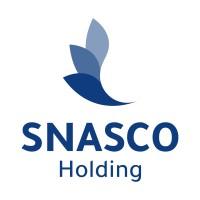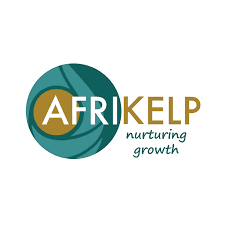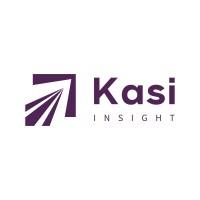The End of SEO-PPC Silos: Building a Unified Search Strategy for the AI Era

For a long time, SEO and PPC existed as separate entities in the world of digital marketing. Rankings were focused on organic search while ads were focused on paid search. This meant two different strategies and goals. However, the emergence of generative AI is dissolving that separation. Google and Bing have now become conversational search engines that aim to provide answers instantly, often in the singular, with ads sold in as part of the experience. Traditional mechanisms may no longer be on the fly to ensure brand relevance.
SEO and PPC: A Unified Approach in an AI-Driven World
Generative AI has shifted the lines between organic and paid visibility, and the siloed model of the past is no longer relevant. SEO and PPC now become two interdependent aspects of a cohesive strategy in which both aspects affect the best outcomes. In AI-generated answers, a brand's organic authority can affect both organic and paid performance, especially with strong SEO practices that have nurtured that authority.
High-quality content can also impact paid visibility by improving Quality Scores and ad relevance, resulting in lower costs and better placements. At the same time, AI-generated answers and snapshots have taken over traditional listings in search results, providing fewer visibility moments but of higher value. To take advantage of those moments, SEO and PPC practitioners must work closely together and ensure visibility wherever the AI-driven searcher is likely to see their brand.
Understanding User Behavior in the Age of AI
Before engaging in tactics, it is essential to first understand how generative AI is transforming user behavior. While the use of AI in search is fundamentally affecting the way people search on search engines. One of the major changes is the increase of zero-click answers. AI generated results are now pulling relevant information from various sources directly onto the results page. In many cases, these results bypass the need to even visit the site and display searches on a single results page. Zero-click answers are especially prominent in informative search queries, where AI is synthesizing content from multiple sources into summaries that are timely and easy to read. This type of behavior is creating what is defined as funnel compression. As AI generated answers become more sophisticated, they begin to inhibit the user journey and are solving problems or recommending products much earlier in the journey.
User expectations have changed as a result. Along with the expectation of not having to scroll through an entire page of blue links, people now expect one answer or a small set of top options. Viewers are seeking immediate relevance and concise answers that are produced in a conversational and easy-to-read format. Getting into position 1 for a keyword is still valuable, but it does not promise traffic in the same manner. While search volume may be largely flat, the distribution of traffic is changing. Marketers must now compete for their presence, in both traditional search results, as well as the AI generated content.
SEO's Role in an AI-Driven Search Landscape
In this era of AI, the most important function of SEO is to build the trust foundation that the AI systems themselves require. When AI models synthesize information, they are looking for "signals of relevance", which are things that SEOs have been optimizing for: high-quality content, authoritative brands, and answers to user questions. A SEO strategy needs to innovate in several key areas, which include:
- Understand Brand Story: SEO needs to move beyond keywords to tell a brand's story more generically, and tell that story consistently across platforms.
- Create Credible Information: Content must be not only competent but verifiable. AI models prefer information that shows experience, expertise, authority, and trustworthiness (E-E-A-T).
- Optimize for AI Ease: Content needs to be structured so that it can be easily parsed and summarized by AI, using heading structures, scannability, and short answers to questions.
- Build Visibility Across Platforms: As visible as we were with Google in the past, visibility goes beyond Google now. Creating a strong visible presence, whether on social media, industry forums, or community sites, enhances the brand relevance signals AI precision searches will detect and trust.
- Monitor Brand Sentiment: SEO must monitor and improve how a brand is perceived by individuals, since negative brand reputation signals can deter an AI system from recommending your content.
Ultimately, SEO builds the organic foundation an audience trusts that is backed and supported by PPC.
Integrating generative AI into search engines has changed the world of digital marketing. SEO and PPC are no longer siloed disciplines, instead they are two components of one strategy. If brands can start to analyze and shape behavior changes due to shifts in human behavior and search engine algorithms, they will be able to navigate this new environment. To ensure long-term visibility and success in a world dominated by search engine and AI, brands need to adopt a complete perspective combining the best of SEO and PPC by promoting content using well-timed interdependencies.
Business News
B2B Buyers Push Back on Traditional Sales as New Adience Research Signals Shift for 2026
TPT Strengthens Consolidation Offering with Planned Run-On DB Superfund
Taking Care of Your Employees: 5 Tips for Empowering Your Team
From Zero to Certified: The Journey Behind Every Home System Expert
When Expenses Get Creative: Survey Exposes Bizarre Claims




















